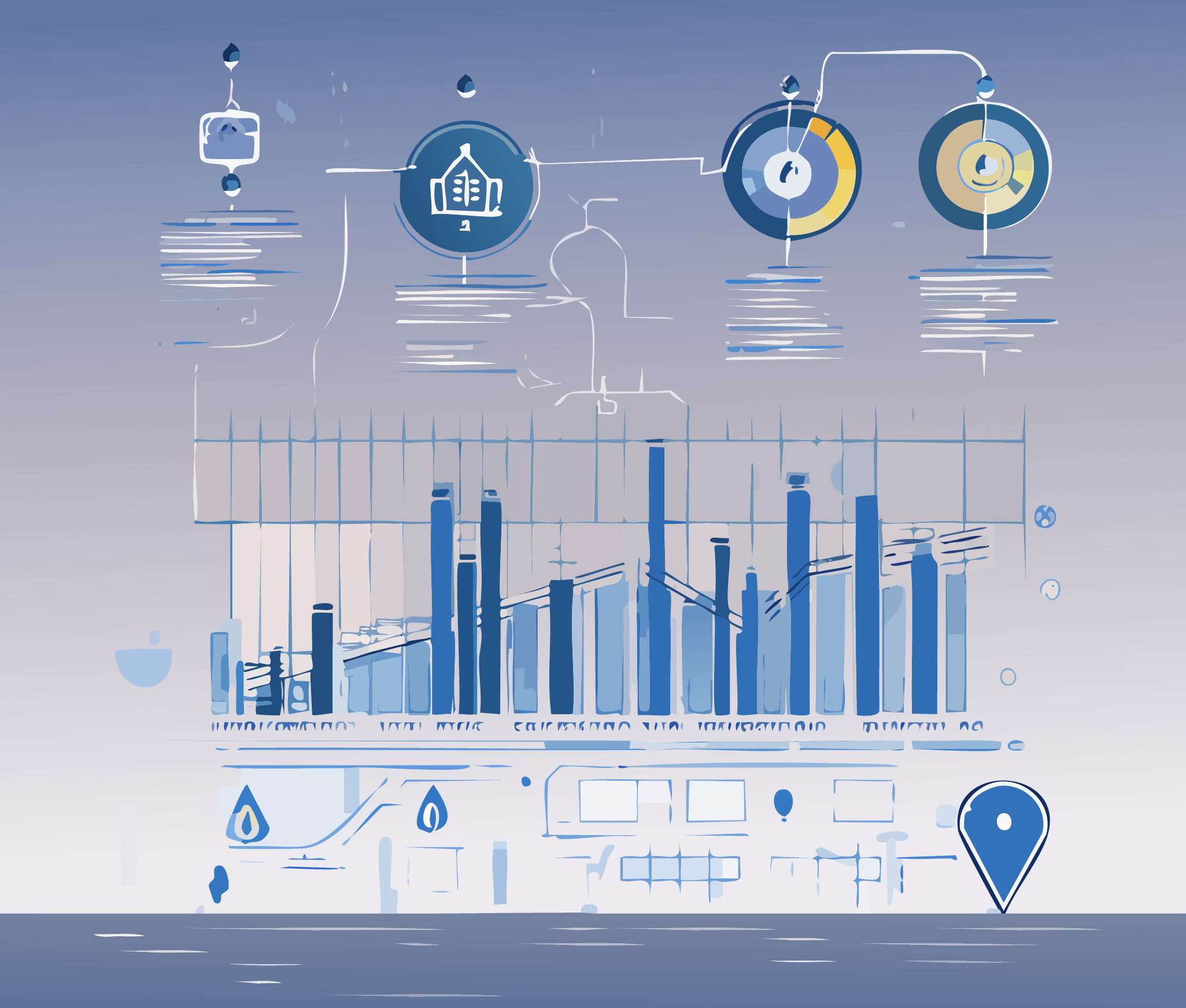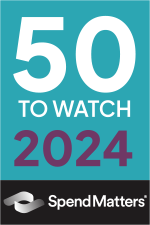FRDM.ai Case Study: AstraZeneca
94.6% reduction in due diligence costs

Approach & Methodology
1. Deep-Tier Risk Discovery
The core focus of this partnership was uncovering specific human rights risks buried deep in AstraZeneca’s supply chain—and mapping exact, traceable paths back to the high risk sub-suppliers.FRDM AI ingested AstraZeneca’s procurement and supplier data ( Tier 1 vendors)s) and used proprietary relational mapping tools to trace connections 5–6 tiers deep in the supply chain.
This revealed concerning entities far beyond AstraZeneca’s direct visibility—such as manufacturers sourcing forced-labor–linked raw materials or working in high-risk regions.
Outcome: Identified deeply embedded suppliers with credible human rights concerns
Benefit: Enabled AstraZeneca to trace risk up the supply chain and take targeted action


2. Path-Based Risk Highlighting
Once deep-tier entities were mapped, FRDM AI spotlighted those with the most serious human rights warnings using structured risk intelligence.Each high-risk node—whether flagged for forced labor, trafficking, or supply chain-linked abuses—was paired with a clear chain of custody: showing precisely how that entity connected to AstraZeneca through intermediary suppliers.
Outcome: Created risk heatmaps with traceable supply paths
Benefit: Moved AstraZeneca from abstract ESG concern to concrete accountability and remediation steps
"We chose FRDM because they had the right tools in place that could help us dig further into our supply chain. Their application also offers a user-friendly platform that helps organizations track and address human rights risks effectively. That was going to help us increase transparency, better understand, and gain insight into some of the deep-dive details as we move into tiers four, five, and six, and that's why we chose FRDM."
3. Targeted Risk Profiling & Scoring
To support prioritization, FRDM AI enriched each mapped node with multi-dimensional risk scores using inputs from:Country risk indices (e.g., governance, labor law enforcement)
Sector and commodity risk data (e.g., high-risk manufacturing, mica, cobalt)
Geospatial proximity to trafficking routes or conflict zones
Human rights benchmarks (e.g., Global Slavery Index, TIP Report)
Scores were tuned to AstraZeneca’s risk appetite and compliance priorities.
Outcome: Prioritized high-severity risks across thousands of nodes
Benefit: Focused attention on risks with the clearest links and highest consequence


4. Visual Risk Pathways & Reporting
All findings were delivered via FRDM AI’s interactive platform, with:Path tracing tools to follow high-risk entities through 5+ tiers
Visual supply maps annotated with risk events and severity scores
Custom reports for compliance teams, executive visibility, and public ESG disclosures
Outcome: Made complex supply networks and risks navigable and actionable
Benefit: Empowered AstraZeneca teams to align around risk ownership, remediation, and supplier engagement
FRDM Reduced AstraZeneca supplier due diligence efforts by 94.6%
AstraZeneca’s supply chain spans thousands of suppliers and sub-suppliers, many operating in regions or sectors with elevated human rights risks.
By using FRDM’s deep-tier mapping and risk intelligence tools, AstraZeneca was able to go beyond surface-level screening and gain visibility into the actual sources of risk across multiple supply chain tiers.
Within a test group of 149 suppliers, the analysis revealed that just 8 entities accounted for over 90% of the identified human rights warnings. This level of specificity allows AstraZeneca to prioritize engagement, focus due diligence efforts, and align remediation strategies with the most credible and material risks.
As ESG expectations and regulatory scrutiny increase—from laws like the EUFLR and UFLPA to evolving corporate disclosure requirements—this work helps position AstraZeneca to meet those demands with defensible, data-driven action.
By providing comprehensive mapping, real-time monitoring, and collaborative features, FRDM.ai stands as a pivotal solution for resilient and responsible supply chain management.










